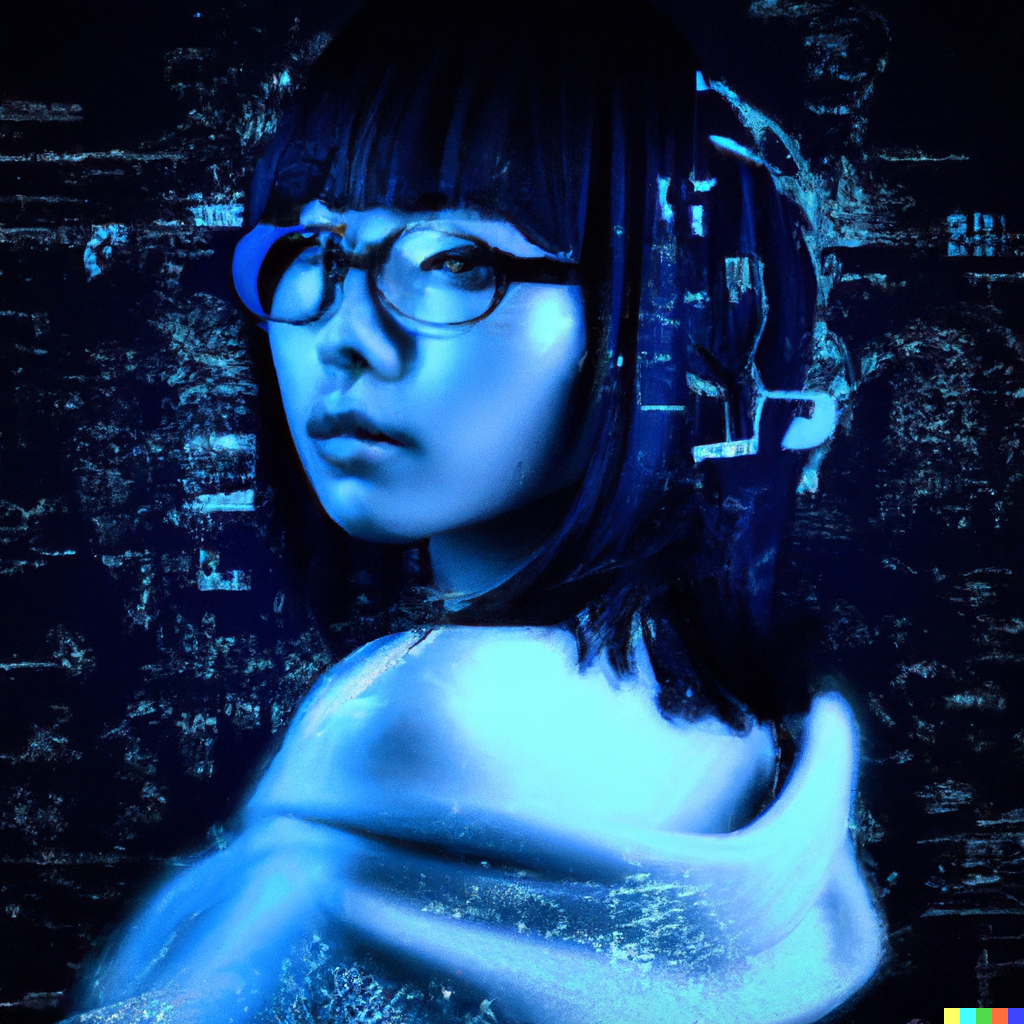Introduction
The rapid advancements in artificial intelligence (AI) and machine learning have opened up new possibilities in numerous fields, including education. As AI-powered tools like ChatGPT continue to improve, the way students learn and interact with educational material is bound to evolve. One such possibility is the concept of professors acting as "prompt engineers," crafting AI-driven prompts that guide students through personalized, one-on-one tutoring sessions. This educational model has the potential to revolutionize the learning experience for students, providing unlimited access to professor-guided AI tutors.
The Role of Professors as Prompt Engineers
In this futuristic educational landscape, the role of the professor would shift from traditional lecturing and classroom management to creating carefully designed prompts for AI tutoring systems. These prompts would be based on the professor's subject matter expertise and tailored to meet the diverse learning needs of individual students. Professors would still be responsible for creating the course syllabus and assessing student progress, but their primary focus would be on crafting prompts that facilitate deep understanding through AI-assisted learning.
The Benefits of AI-Powered Tutoring
Personalized Learning: Students would benefit from AI-powered tutoring sessions that adapt to their unique learning styles, needs, and preferences. By offering individualized, one-on-one attention, students can progress at their own pace, ensuring a deep understanding of the material.
- Flexibility and Accessibility: With AI tutors available 24/7, students can engage in learning whenever it suits their schedule, making education more accessible for those with unconventional time constraints or in remote locations.
- Enhanced Engagement: AI-powered tutoring sessions can offer immediate feedback, support, and reinforcement, helping students stay engaged and motivated in their learning process.
- Efficiency: Professors can focus on crafting high-quality prompts and analyzing student performance data, allowing them to efficiently manage and support large numbers of students without sacrificing the quality of education.
- Lifelong Learning: As AI tutoring systems continue to improve, they can support students beyond their formal education, fostering a culture of lifelong learning.
Assessments and Personalized Instructions
Another crucial aspect of this AI-driven educational model is the incorporation of assessments after each section to gauge the student's understanding of the material. By implementing quizzes or tests, professors can obtain valuable insights into their students' progress and areas where they may need further clarification or support.
In the event that a student does not pass the assessment, AI can be employed to provide personalized, targeted instruction to address the specific gaps in understanding. By analyzing the student's performance data, the AI tutor can adapt the subsequent learning materials and prompts to cater to the individual's needs, ensuring that they master the concepts before moving forward. This continuous feedback loop between assessment, personalized instruction, and further assessment would create a highly effective and efficient learning experience, enabling students to gain a deep understanding of the material while minimizing the risk of falling behind or feeling overwhelmed.
Conclusion
As AI continues to advance and reshape the world around us, the future of education may see professors as prompt engineers, guiding students through AI-powered tutoring sessions. This innovative approach to education has the potential to provide personalized, flexible, and engaging learning experiences for students while allowing educators to focus on the quality of content and assessment. With careful consideration of the challenges and ethical concerns, this futuristic model could revolutionize the way we approach education and lifelong learning.
Note: ChatGPT and DALL·E was used to put this article together.

